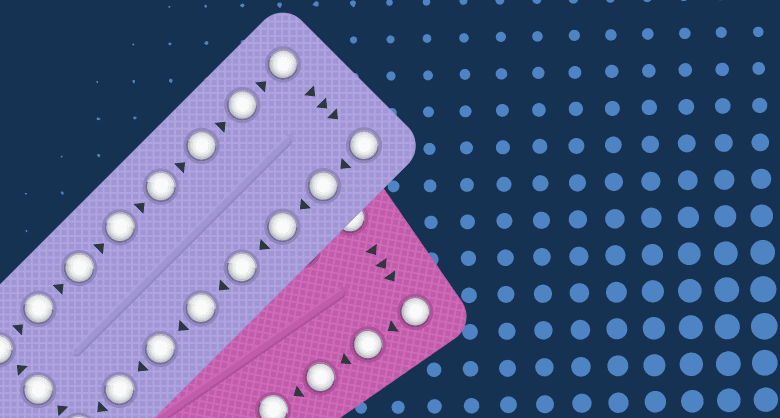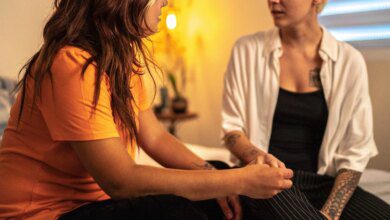52 Years Later: The Supreme Court Case that Expanded the Legal Right to Contraception

Abortion, Birth Control, Reproductive Health
Given by Eisenstadt v. Baird’s legal right to contraception for all. But 52 years later, we still need to work to ensure that everyone has the human right to bodily autonomy and the resources and freedom to control their sexual and reproductive lives.
Today marks a critical anniversary in the long fight for reproductive rights: the landmark decision of Eisenstadt v. Baird Supreme Court in 1972 which granted the legal right to obtain and use contraception to everyone in the United States––a right previously recognized only for married, heterosexual couples.
The rising tide began in April of 1967 when lecturer William Baird visited Boston University to teach college students about birth control and available contraception. Following the lecture, he gave condoms and Emko Vaginal Foam to a young woman and was immediately arrested. While his arrest and eventual conviction may shock us today, Baird expected this response. Massachusetts, like many other states at the time, banned the distribution of contraceptives to unmarried people, effectively denying many people––especially young women––the agency to make decisions about their reproductive health. Baird’s lecture was not just a protest against such laws (in this case, the Massachusetts Crimes Against Chastity, Morality, Cleanliness, and Good Order) but a moment of empowerment.
“I said, ‘Who should make the decision about your rights, your sexual freedom?’” Baird remembered in a talk at Boston University in 2022. “’Should your parents? Should the government? Should it be a church?’ And they all said, ‘We are.'”
Baird and other prominent groups at the time, including the ACLU, were initially reluctant to take the case to the Supreme Court. Instead, petitioning Boston University students led the charge, their determination resulting in a 6-to-1 decision overturning the Massachusetts law. Invoking the Equal Protection Clause of the Fourteenth Amendment, the Supreme Court ruled that there was no reasonable basis for a legal distinction between single and married individuals, affirming equal access to contraception for all.
We celebrate this decision as we celebrate Women’s History Month, not only for its impact on reproductive autonomy and women’s health but also as a reminder of the importance of education and accessibility in the fight for Reproductive Justice. Access to reproductive healthcare and family planning is inherently linked to education and accessibility––and while we’ve made a lot of progress, barriers to access still exist today.
Baird’s interview series was a response to the harm he saw in New York City’s low-income communities as well as the lack of resources for young people of color. We still have more to do to ensure equal access today. In fact, according to Power to Decide, “More than 19 million women of reproductive age living in the US need public contraception and live in contraceptive deserts. […] meaning[ing] that they do not have reasonable access in their county to a health center that offers a full range of contraceptive methods.”
At Maine Family Planning, we aim to bridge these divides by ensuring that all people have access to high-quality, culturally relevant, and affordable sexual and reproductive health care services. That’s one reason the State of Maine is investing critically in family planning –– to ensure that our health centers, particularly in underserved areas, can stay open longer and meet all needs of Mainers, regardless of their ability to pay.
As we continue to build a future where everyone has the human right to bodily autonomy and the resources and freedom to control their sexual and reproductive lives in safe and sustainable communities, we honor the perseverance and courage of those young people who has been key to ensuring the legal right to contraceptive access.





